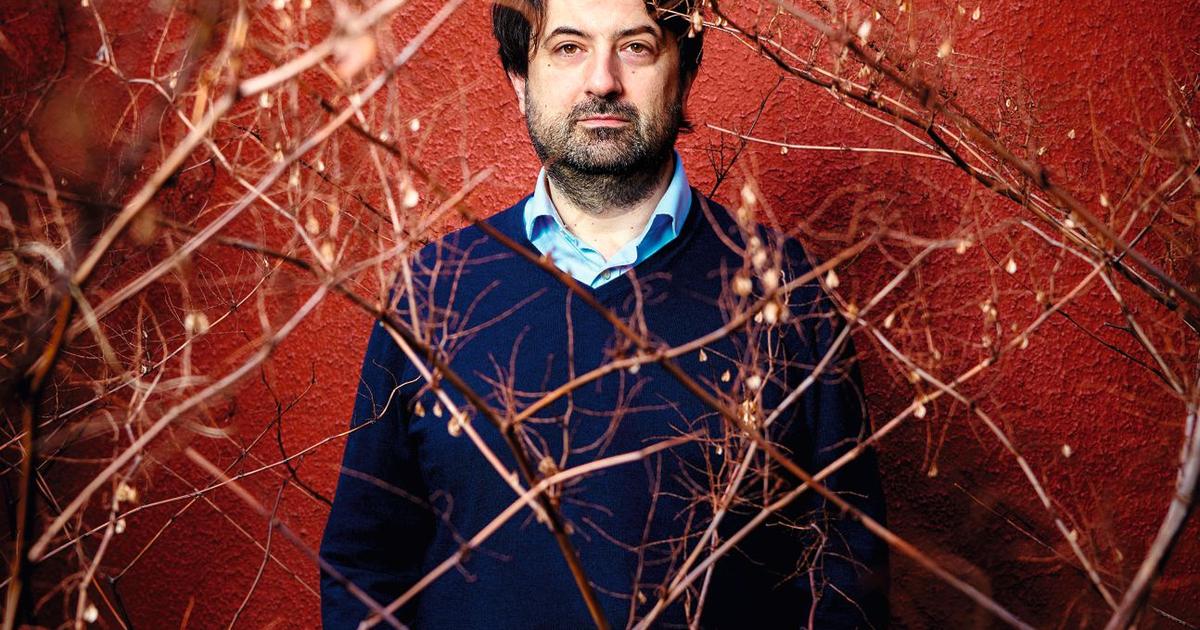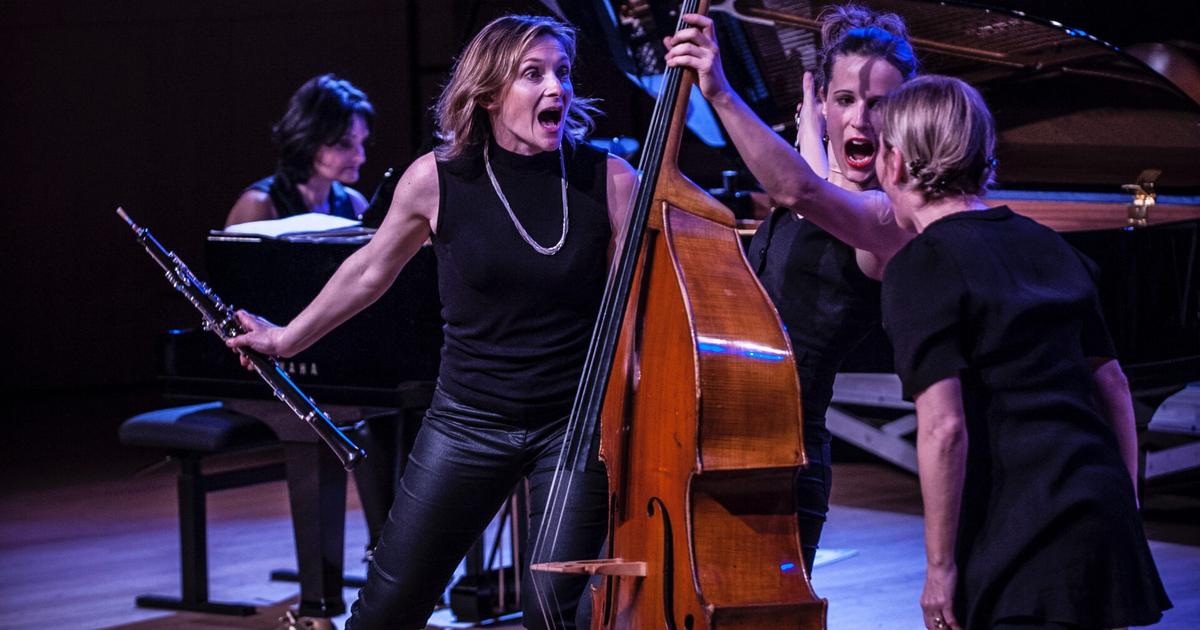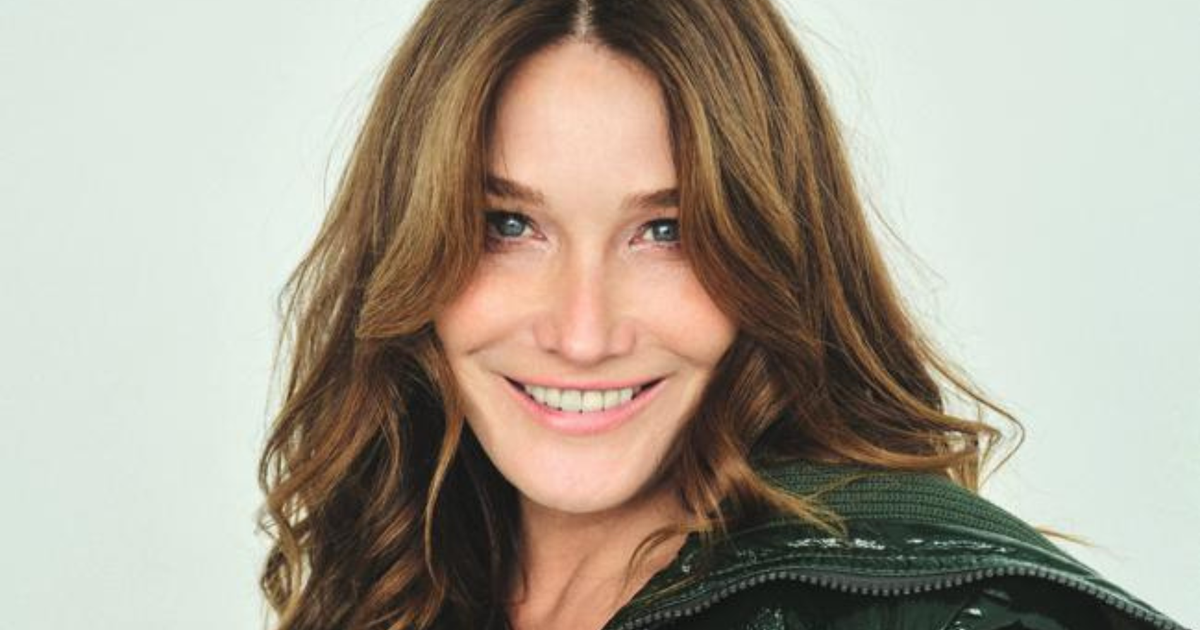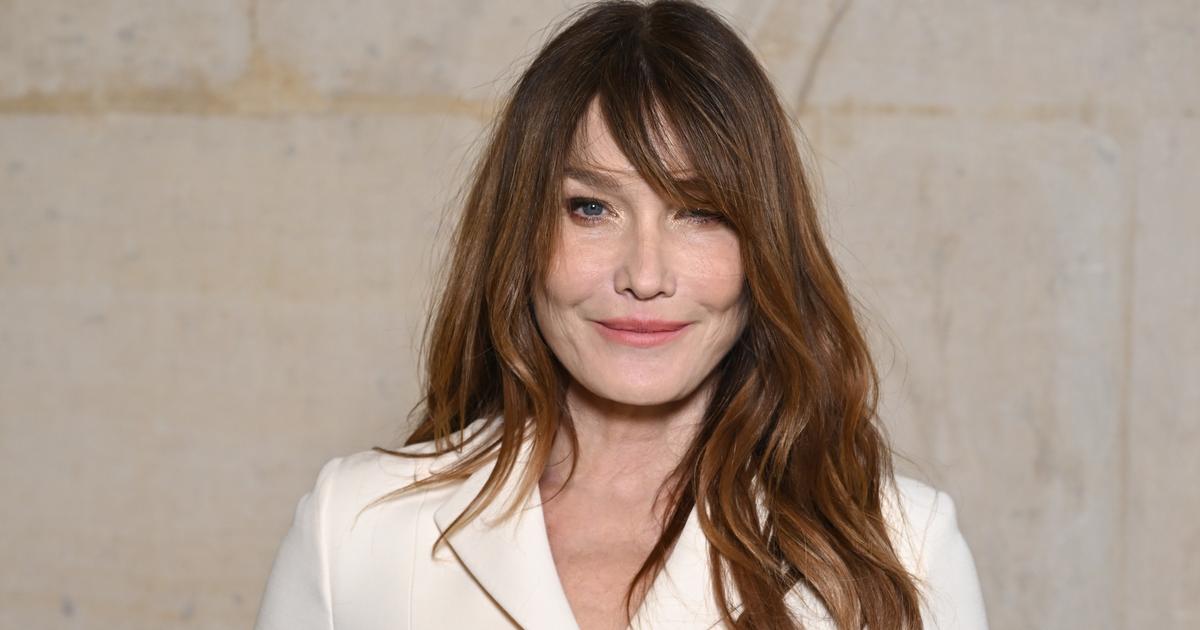Composer Carla F. Benedicto has embraced all image-related musical territories, from ads for Ikea or Cepsa to video games and shorts, but this year she has made the leap to two very different feature films that she addresses from her love for teachers such as Bernard Herrmann
(Vertigo, Psycho)
and a formation from the cradle that he doesn't even remember starting.
The director of the Superior Center for Creative Music in Madrid, a 41-year-old from Madrid, is not afraid of artificial intelligence.
Ask.
Why the music?
Answer.
I learned to read and write music at the same time as reading and writing and I don't remember.
I have the feeling of having learned forever.
My father put me in when I was four years old and music has always been with me, as a piece of me, as part of the definition of who I am.
I am a classical pianist and musicologist, but twelve years ago I was offered to make music for a series and I liked what started almost as a hobby so much that I decided to leave everything to make music for images.
Q.
What does it bring you?
A.
Composing means telling stories and being able to bring out something that is inside of me.
That is always the case, but when you also associate it with images, it acquires a greater subtext because you must contribute something that is not seen to what is seen.
That gives the image a much deeper dimension.
Q.
Your teachers?
R.
The teacher of teachers is Herrmann, I have a special weakness and he is my favorite.
The soundtrack of
Vértigo
or
Con la muerte en los talones
is an absolute virtuosity of mastery of musical technique and of what that language brings to the cinematographic.
Henry Mancini is great.
Or John Williams, the great creator of film music related to all leitmotivs: that each character have a theme, as Wagner did in his day.
Or Alberto Iglesias in Spain.
For me, excellence is that, contributing and mastering the cinematographic language through the musical.
Q.
Does any genre bring you more than another?
The intrigue versus the romantic, for example?
R.
Everything has its charm.
The two movies I just made are different in genre and you get a different juice out of each one.
Last Wills,
by Joaquín Carmona, is more drama-
thriller
and the music is more serious, bigger, has more packaging.
The characters are characterized by different instruments, but each one of the concepts also has a specific theme: love, nostalgia, the past... And that allows me to develop more musically.
The other,
A long journey,
by Víctor Nores, is what he calls “a comedy taken seriously”.
With few instruments that are gradually combined until reaching a main melody at the end.
Each one has allowed me to explore my language in different ways because not everything can be told in the same way.
Q.
Does technology help or substitute?
A.
It is essential.
That of reaching a conductor like in Herrmann's time, sitting at the piano and telling him how it's going to sound no longer exists.
Today the director wants a demo with a
software
that imitates the sound of instruments and from there the changes are adjusted.
Once it is done, the scores are taken out with an editor and recorded with the instrumentalists.
Q.
If Mozart suddenly returned, would you know how to compose today in the times of TikTok and Instagram?
What would he think?
R.
Mozart would know how to compose with anything and would use all of it like any other tool.
He was ahead of his time and what he did with the opera, which is the closest thing to cinema at that time, was completely
avant garde.
The Magic Flute,
for example, was ahead of his time.
I always tell my students that if Mozart had lived 20 or 30 more years, Romanticism would have gone ahead.
He would have used the sequencers to make the demos and would have even added a twist to make them more useful;
sheet music editors would have helped him compose even faster.
It is not pejorative or bad that technology is involved in our lives.
What you need to know is that they are tools, not the end.
Q.
ChatGPT creates melodies.
Do you have danger?
A.
This has happened in music for many years with music bookstores, where you can buy pre-made music.
Ten years ago many people said: "It's over, there will no longer be music composed
ad hoc
because the directors are going to directly choose a scene of sadness, for example, and it will be cheaper for them."
And it has not been like that.
In some fields the available work has decreased, for example in advertising.
But I don't think it's going to replace the composition of music for image.
The same goes for artificial intelligence.
For a melody to have a soul, someone must have made it.
I don't think artificial intelligence can fully replace a composer or a writer.
It may be a tool at times, but not generally.
Q.
Do you think Mozart or Beethoven would be afraid of ChatGPT?
A.
I don't think so.
Art doesn't have to mean perfection.
ChatGPT and artificial intelligence mimic other styles and perfect them from an automaton point of view.
But that has no soul.
For this, a person is needed, with a soul.
I hope so.
We'll see.
Carla F. Benedicto, in a moment of the interview.Andrea Comas
Q.
And what has publicity brought you?
R.
A lot of work, as well as a name and some awards.
It is a language of immediacy, of provoking emotions without second readings and at high speed.
In a few seconds you have to have caused tears, anger or laughter.
Q.
The film pyramid has many women below and few above.
Will we see equality?
R.
I am optimistic, but I do not think that we are going to see it.
My daughter's generation (five years old) and her children may see it, at least in my area.
Things are moving, we are many, we are seen more and that is good.
The most important thing is that the girls see that Zeltia Montes or Aran Calleja win a Goya or that they see us in the credits of the films.
That they look referents.
Q.
The new law promotes aid to incorporate women into the cinema.
Are you afraid of being considered quota women?
R.
There will always be reticent people who see their positions threatened, who feel anger, but you have to be above that.
These complaints must be taken for what they are in a moment of transition that dissolves privileges.
But it is a matter of seeing its quality.
Q.
You run a music training center.
Do you see progress there?
R.
In composition, men are the majority, but the first year there was not a single girl and this year there are four.
In battery there is not one.
In modern and jazz piano they are in the minority, but in classical they are in the majority.
There are still many differences.
Q.
And what does teaching bring you?
R.
I ask my students to put me against the ropes and squeeze me.
They force me to continually rethink what I know because, even if you are teaching Gregorian chant, new studies and new interpretations of Gregorian chant keep coming out and you must be up to date.
You have to be very awake for today's students.
Even to teach the Palestrina motets from the 16th century, you have to be up-to-date on the Palestrina motets (laughs).
Subscribe to continue reading
Read without limits
Keep reading
I'm already a subscriber

/cloudfront-eu-central-1.images.arcpublishing.com/prisa/SJBBKRVK5ZCV3LK6OVKAT6VLEM.JPG)







